My story began when I was in elementary school. I was diagnosed as being nearsighted and started wearing glasses in the third or fourth grade. I tried soft contact lenses in high school and the first year or so of college. Those were fine for a while, but then started to become unbearable. I could wear them for a few hours, then it felt like someone dumped sand in my eyes. As time progressed, I noticed that my eyes were becoming more sensitive to light and wind, so I actually preferred glasses.
I never had a problem getting prescriptions for glasses until the mid 90’s. I remember going to get an eye exam. My right eye was fine, but when my left eye was checked they could not find a setting to correct my vision. I remember going through the test – “Which is better… 1 or 2? 3 or 4?” It reached a point where all of the settings were out of focus and none of them corrected my vision. I was referred to an ophthalmologist.
My grandfather had been seeing an ophthalmologist named Dr. Bogorad at Henry Ford Hospital. I became his patient, and he was the one who diagnosed the problem – Keratoconus. I found out that Keratoconus is a very rare disease of the cornea. It is typically diagnosed in patients in their mid-twenties. Thinning of the cornea causes it to take on a cone-like shape that distorts vision. Vision becomes progressively worse, but it does not result in total blindness, and the vision changes slow down over time. It typically only affects one eye. The first course of treatment is rigid gas permeable contact lenses. The last course of treatment is a cornea transplant. There are other treatments available, some of which are still experimental.
When I told my parents, of course they were worried. Was I going to go blind? How did I get it? Is it painful? What options are available? Can I get LASIK? I tried to explain that there was nothing that could have been done to prevent it, and there is nothing that can be done to stop it. For me, it has always been an annoyance, but it isn’t painful. It just affected my night vision at that time. I have friends that have gotten LASIK, and I wish that was an option. Unfortunately it’s not recommended when the cornea is thin.
I tried the hard lenses in the late nineties. They corrected my vision better than the glasses, but the discomfort did not justify the benefit. I found that having vision that was slightly out of focus was more tolerable than the contact lenses. My glasses corrected my vision, but I started noticing distortions in my left eye. I was getting new glasses every two years or so, and when I had my prescription filled in late 90’s, I noticed that objects were skewed. When I held up a piece of paper, it didn’t look rectangular, it looked like this. I had the prescription tweaked a bit, but objects were still skewed. Eventually, from what I’ve been told, my brain began to process the signal differently and objects seemed to straighten out. I imagine that was when my right eye became the dominant eye.
Something else that I began to notice was that I saw multiple copies of objects. It was most noticeable in bright objects, like lights. I would see 4 or 5 instances of the objects, with motion trails, always with lots of glare. During the day I really didn’t notice it, but at night, taillights, headlights and streetlights all had that effect. Around the same time, I started to notice that I was having trouble with my night vision. I was staring to have a hard time reading street signs at night, and the glare from oncoming headlights was blinding. I couldn’t see street addresses from my car, which made it difficult to find houses and businesses. I remember being really late once picking up wedding photos with my wife because I couldn’t see the streets or addresses and went WAY out of the way.
My left eye was getting progressively worse and finally reached a point where the vision out of that eye was completely out of focus and uncorrectable. My right eye was compensating, so I could see during the day relatively well, but I no longer had any depth perception. This made some everyday things very difficult… try threading a needle with one eye! By the mid-2000’s, I was just dealing with it. My wife started doing most of the night driving.
I noticed my overall vision getting progressively worse. I started having difficulty with everyday things. For example, while watching football games on a 32” TV from about 10 feet away, I couldn’t see the score displayed on the television. That gave me an excuse to get an HDTV. I could still read standard sized print in books, but I had difficulty reading small type. To this day I still have to ask my wife to read small type.
I’ve noticed my right eye getting worse, although it is still correctable to 20/30 with glasses. The left eye is correctable to 20/1000 with glasses. I’ve noticed some of the things that I initially noticed in my left eye, such as ghosting and glare off of bright objects. It is difficult to explain to people what I see, especially people like my wife who are blessed with 20/20 vision. The best way to explain the night vision is that it’s like driving in a rain storm. You can still make out what is there, but things are distorted, and you can only see for a short distance. I also created a few pictures to try to illustrate what I see:
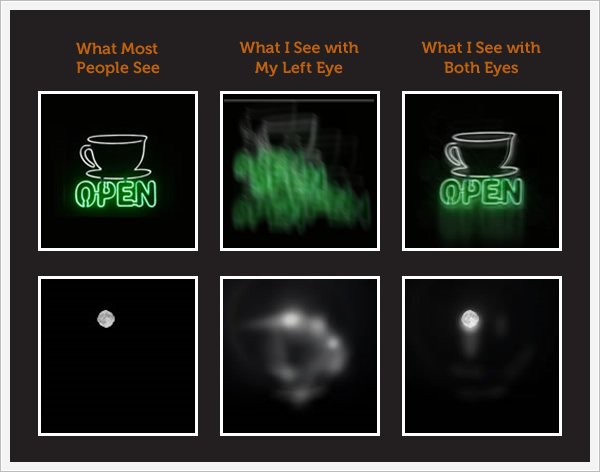
About 4 years ago I heard about a new alternative to cornea transplants called Intacs. It involves implanting a plastic ring in the cornea to correct the vision. I found a local cornea specialist who performs the surgery and scheduled a consultation. I found out immediately that my cornea had thinned too much and I was not a candidate. I started to think more seriously about having a cornea transplant. Before going that route, I wanted try contact lenses again. I was fitted for hard lenses, but they only corrected my vision to 20/70. Because they were still very uncomfortable and they still didn’t clear up the issues with night vision, I decided to continue using glasses.
Over the past few years, my overall vision has greatly diminished. My vision is good in outdoor sunlight, but as conditions darken my vision becomes exponentially worse. I am at the point where in an indoor setting it is difficult to recognize faces that are more than 30 feet away. It’s difficult when you can’t recognize people across the room, or when someone waves and you can’t tell who they are. Before this time, my life was only impacted at night. I am now at the point where my overall quality of life is affected.
In the fall of 2008, after trying contact lenses again and talking with my ophthalmologist, my physician and my optometrist, I scheduled a cornea transplant with my ophthalmologist. I have been seeing him for 4 years and he will be performing my surgery on January 26, 2009. I’ve talked with him about the surgery, and I’ve visited tons of web sites to find out more about the procedure. Some days I feel really good about it, and other days I don’t. I realize that this could be the best thing or the worst thing that I’ve ever done. This is a procedure where, once it’s done, there’s no going back. There is a long recovery time, and some risk. It could go very well, and I can have clear vision restored in my left eye, or it could be a procedure that I regret for the rest of my life. I could go on the way that things are, but I would love to be able to see the world with both eyes again.
My pre-operative visit is scheduled for this afternoon. I still have a bunch of questions:
- Will I be able to play golf in the spring?
- When will I be able to pick up my kids again?
- What happens with the prescription in my glasses during my recovery time?
- How much work do I need to miss?
I am looking forward to the surgery, which is now less than 2 weeks away. I will try to document my experience to help explain it to family and friends what is happening and how things are going.


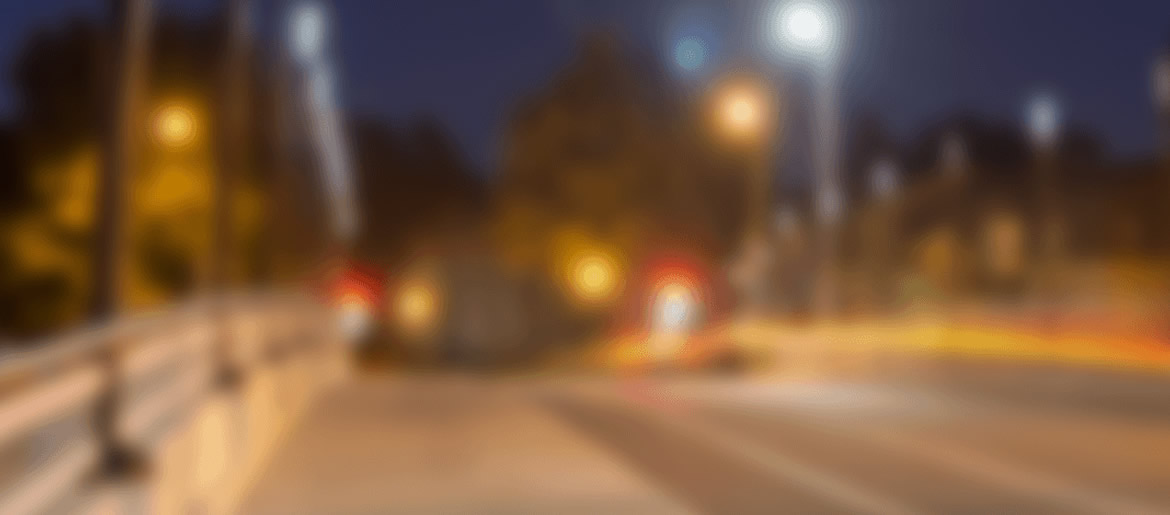
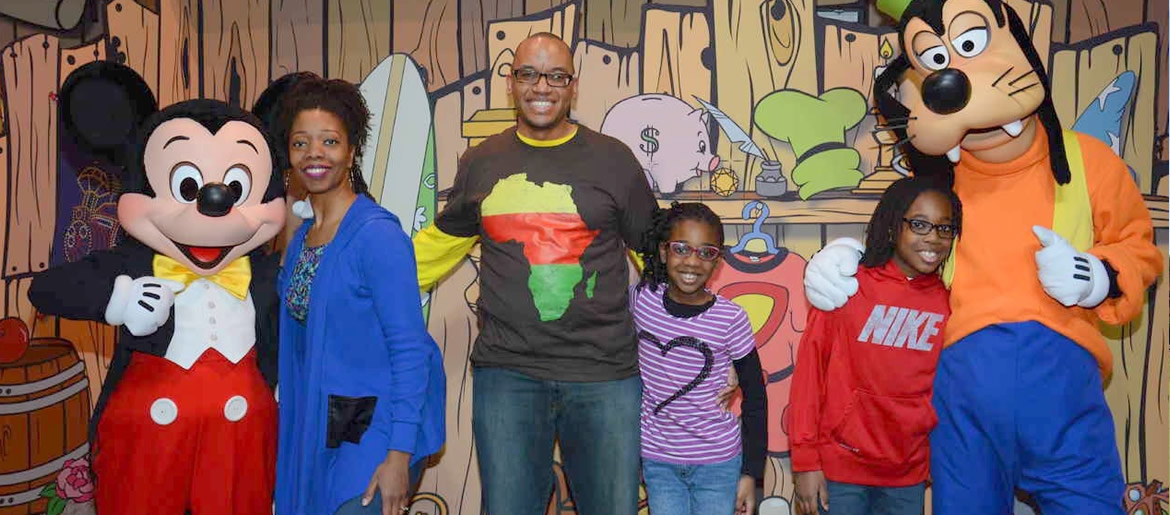

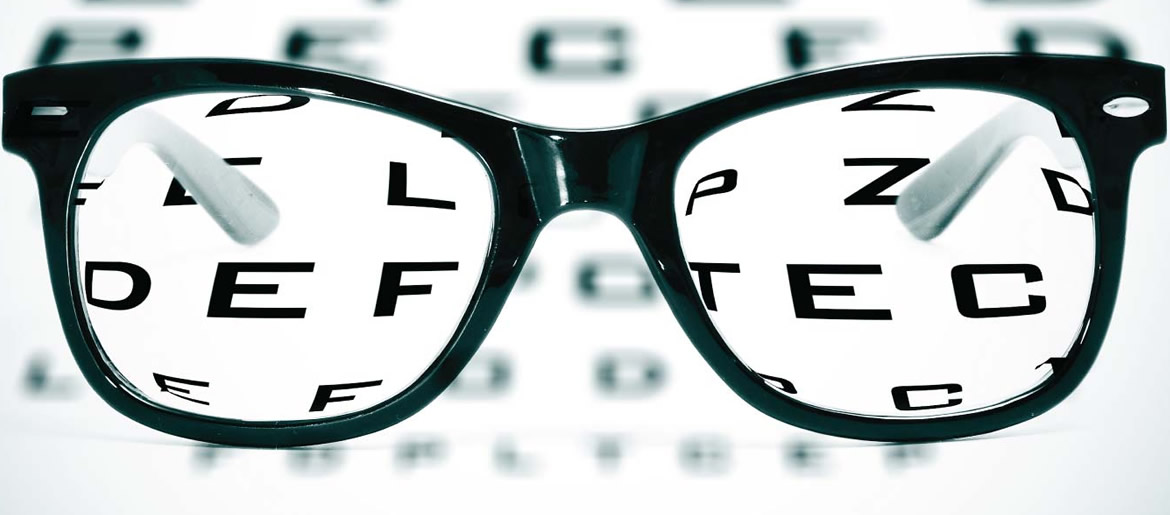
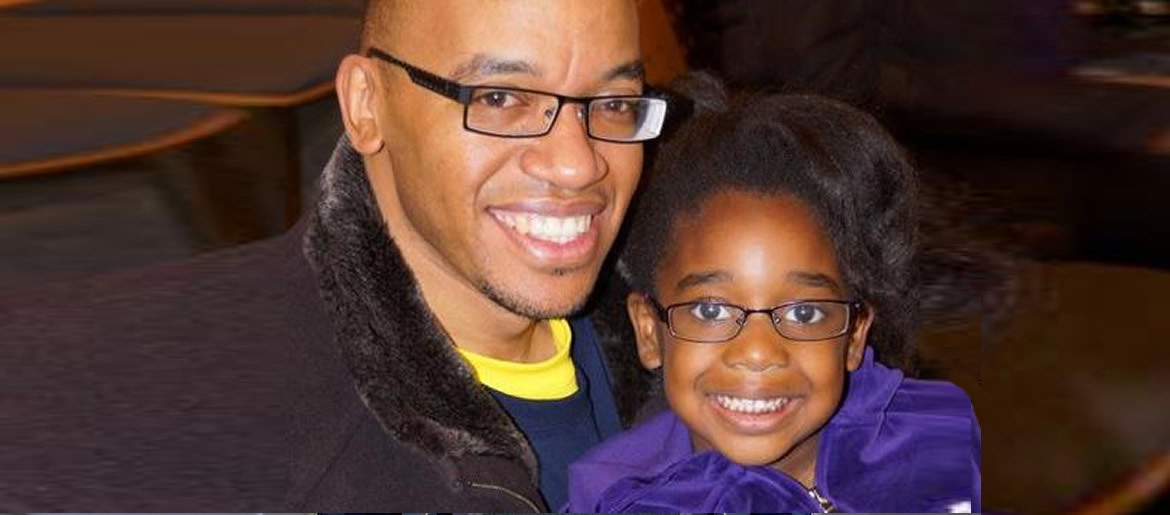
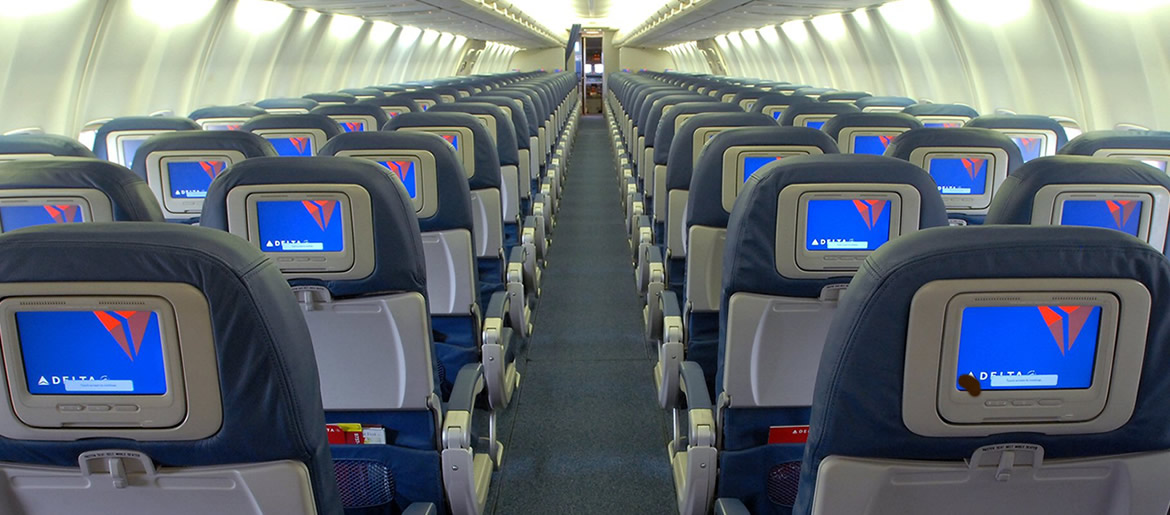
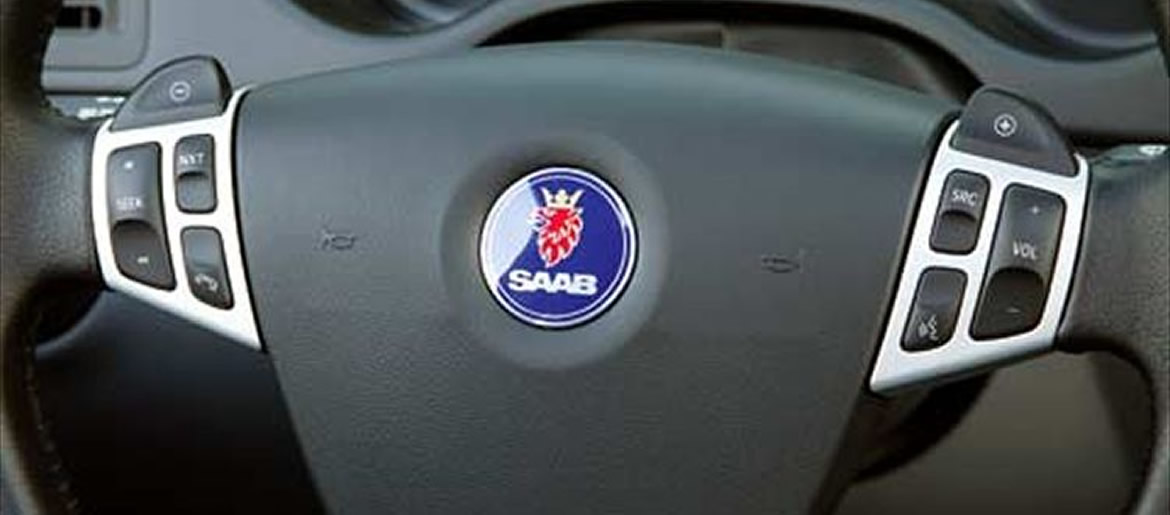
It’s a shame you don’t have a donate button! I’d definitely donate to this brilliant blog!
I suppose for now i’ll settle for bookmarking and adding your RSS feed to my Google account.
I look forward to brand new updates and will talk about this site
with my Facebook group. Chat soon!